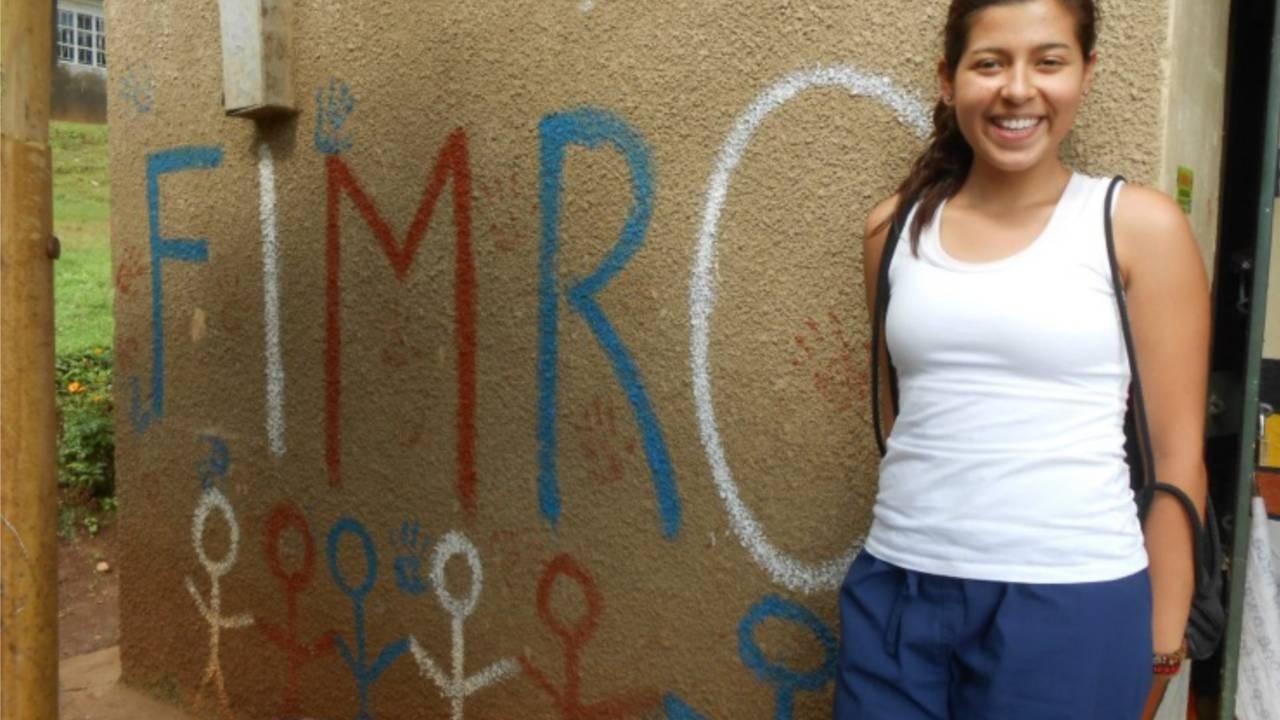
Plot Twists on a Pre-Health Track
Dec 27, 2017
This is not an infomercial in the form of a blog for some lifetime guarantee that FIMRC will improve your life, and I’m not being paid to sound over the top about my love for this organization. Really and truly, this is the first thing that comes to mind when I think about my time as a FIMRC volunteer. I imagine other health care professionals have the same feeling about certain pivotal experiences they had during their pre health endeavors. Then again, I’m sure there are others that would not credit their current positions to any external experiences. Of course, both are valid when it comes to pre health journeys, but if you are someone that’s looking for direction in the type of health care career you’d like to have, I can totally empathize.

Aside from dreams of becoming the next Disney Channel sensation, for as long as I can remember, I have always wanted a career in healthcare. The not-so-subtle hints from my immigrant mother hoping to have a doctor in the family and admiration for my Ecuadorian grandmother whose health care career is something to write a book about surely had something to do with it. Notice that I refer to a “career in healthcare” and not something more specific like nursing, medicine, or therapy? Exactly. At eight years old all I knew was that doctors help people feel better and people respect them. That was enough. At 16, I had been exposed to occupational therapy through helping out with the special education department at my high school. However, at 17, with college on the horizon, and without any concrete knowledge about what it meant to be a physician, I remained intrigued by medicine through vague dreams of mastering such an important field and the accompanying success. Then the second semester of my freshman year of college came along and memories of the feeling of making the students in my high school special education department smile and seeing their triumphs, big and small, overcame me. I was going to be an occupational therapist. This was also around the time FIMRC entered the stage.
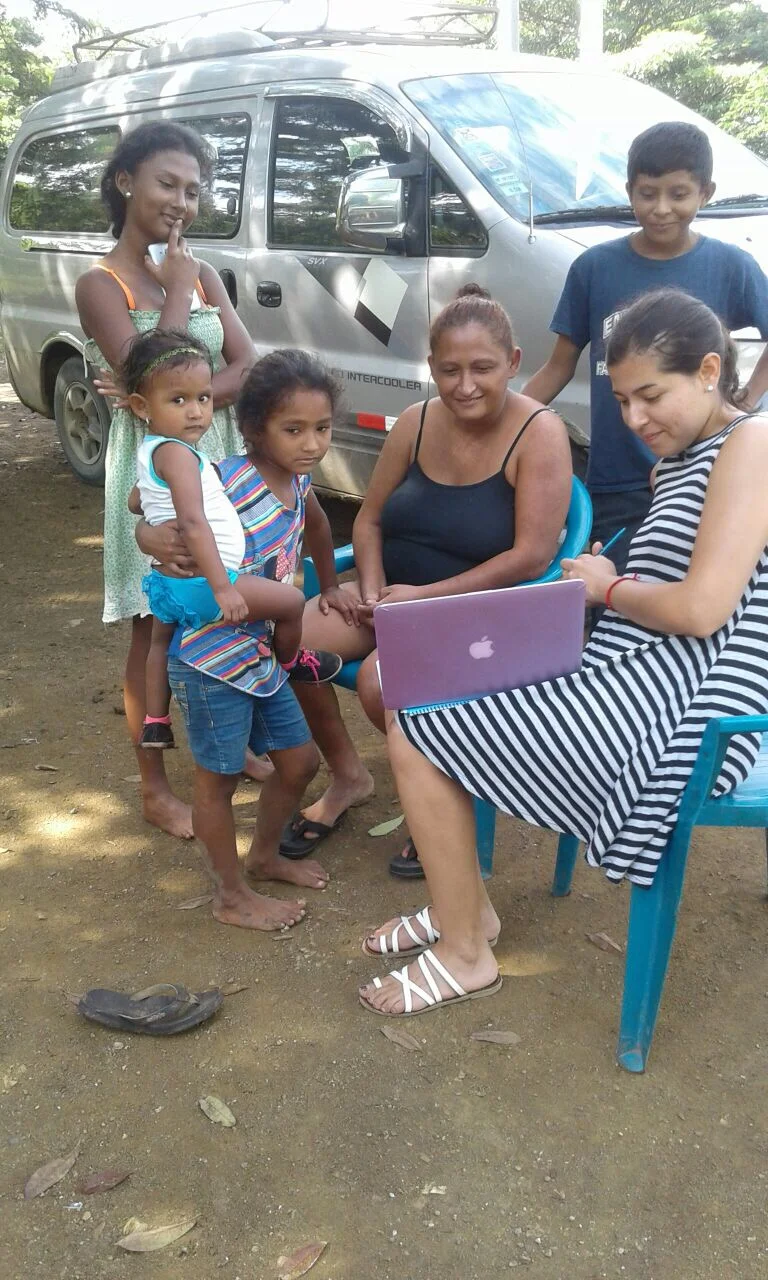
I first came across my college FIMRC chapter during my freshman year at the University of Illinois at Urbana-Champaign (I-L- L!). It must have been an IB 150 or CHEM 102 lecture where a FIMRC representative gave a plug about medical mission trips to beautiful, far-away countries. Always having had an interest in travel and having been exposed to way too many commercials showing images of severely malnourished children while asking for donations, I conjured up a fantasy of how I would go out into the world, find those that needed the most help, and get to work. FIMRC would be a great way to accomplish this. What I didn’t realize was that FIMRC would also smack me upside the head with the reality of what global health care should be, and make me realize that what I imagined barely scratched the surface. I think I always had a basic understanding that the best way to help someone is to have them help themselves, but if I didn’t, volunteering with FIMRC made it abundantly clear. From my first trip to Costa Rica, to my time in Uganda, and finally during my time in Nicaragua this year, each FIMRC clinic can attribute its success to its community members. There would be no improved health outcomes without the hard work that comes from the individuals there day in and day out, the true FIMRC stakeholders. I emphasize this because when I think of FIMRC, I think about how this sets it aside from any other global health opportunity. I could have found rewarding work that revealed valuable lessons about myself through plenty of other experiences, but not all of them would ensure that the population being served received the primary, sustainable benefits. That focus on how to fundamentally improve health in order to leave a lasting impact has stayed with me and is the mainstay of who I am as an RN. Ah, yes. Plot twist—I am not an occupational therapist.
I should mention that, for whatever reason, I had been coming across people naysaying nursing starting sometime in high school, and it continued throughout college. I swear comments about a thankless profession that demanded way too much followed me around like a bad dream or a Twilight Zone episode. So, I stayed away. During my first volunteer trip to Costa Rica and again in Uganda, I mentioned doubts to friends about occupational therapy. I wanted a career that would allow me to work closely and consistently with patients but with more medically based aspects. It was not until after I graduated from college, already in the process of applying to OT school, that a culmination of speaking to a friend who raved about starting a nursing career through a masters entry program and literally getting hit by a semi-truck opened my eyes to where I needed to be professionally. Family and friends claim that, despite being heavily medicated, I woke up after the accident talking about how there would be a change of career plans. I would be pursing a career in nursing.
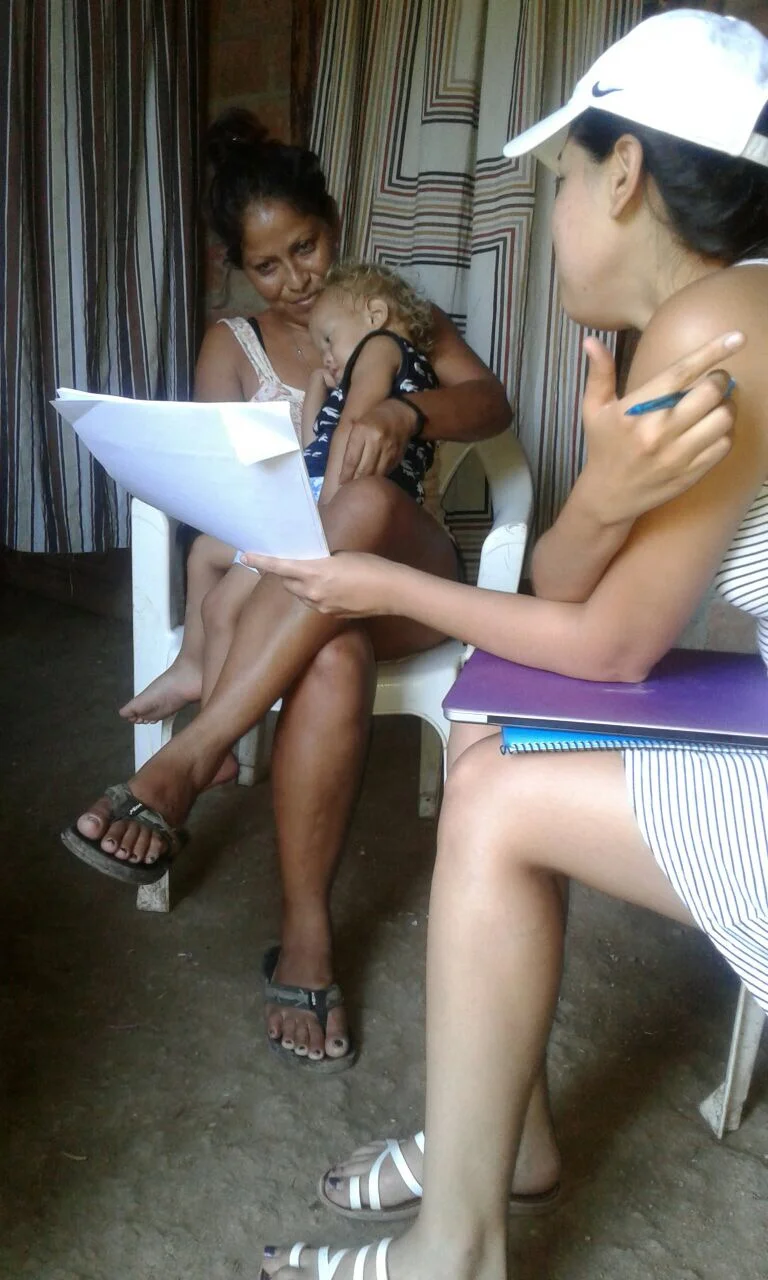
Hopefully it doesn’t take you getting hit by a semi-truck to realize which career you should focus your pre health journey on, but maybe it will involve getting to know FIMRC and its health care model. The truth is, my accident and involvement with FIMRC hold are equally meaningful to me when I think about my journey to nursing. I graduated this past August with a Master of Science in Nursing, and after taking the NCLEX, I decided that as I await my dream job at an institution that matches my values in pediatric nursing, values in part formed through FIMRC, I would go back to my roots. I was accepted to FIMRC’s Global Health Nursing Fellowship in Limon, Nicaragua and took on my first role as an RN this past November. Although I was only in Nicaragua for a month, I was able to contribute to something far bigger than myself through the clinic’s community-focused methods. This left me more energized for my future, which in turn will lead to better outcomes for my future patients.
So maybe you’re looking for some direction in your health care career, possibly for some experience to confirm what you already know, or maybe you just like to help others and travel. Either way, if you find that you can, open yourself to a volunteering opportunity with FIMRC. I can’t imagine a lesson in sustainable, patient-centered health care could ever hurt, and it certainly will benefit the community being served.
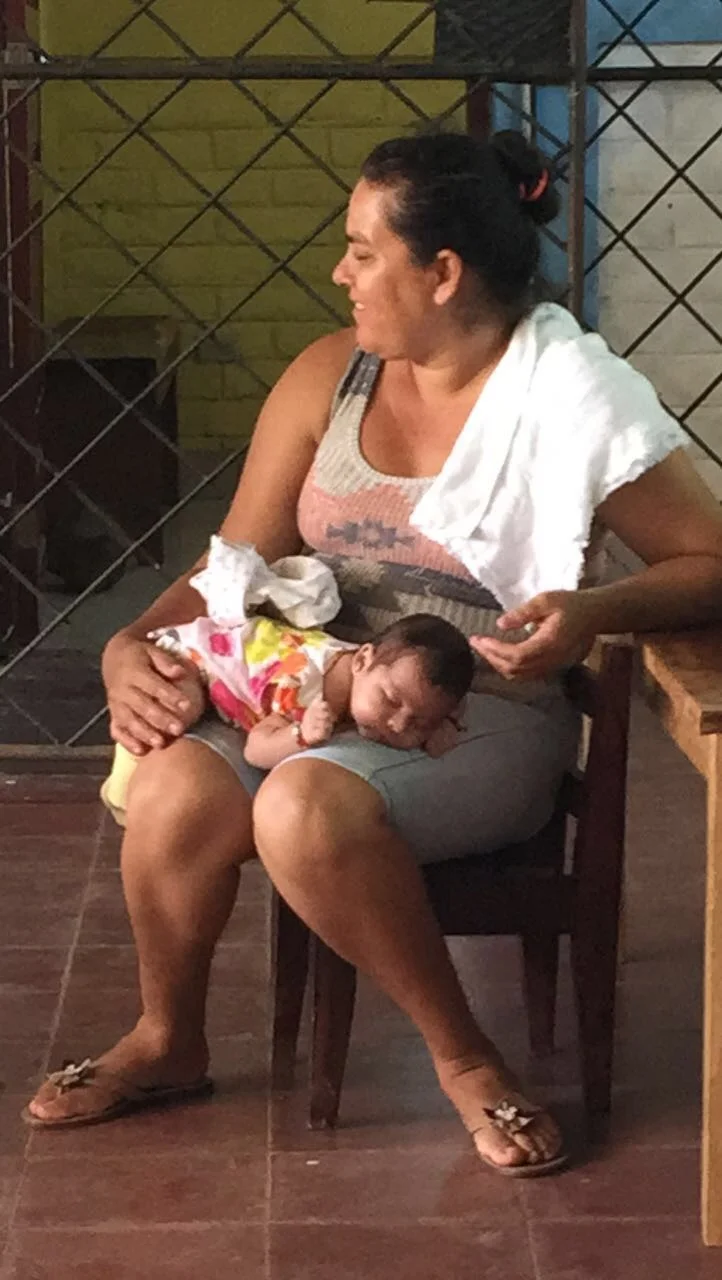
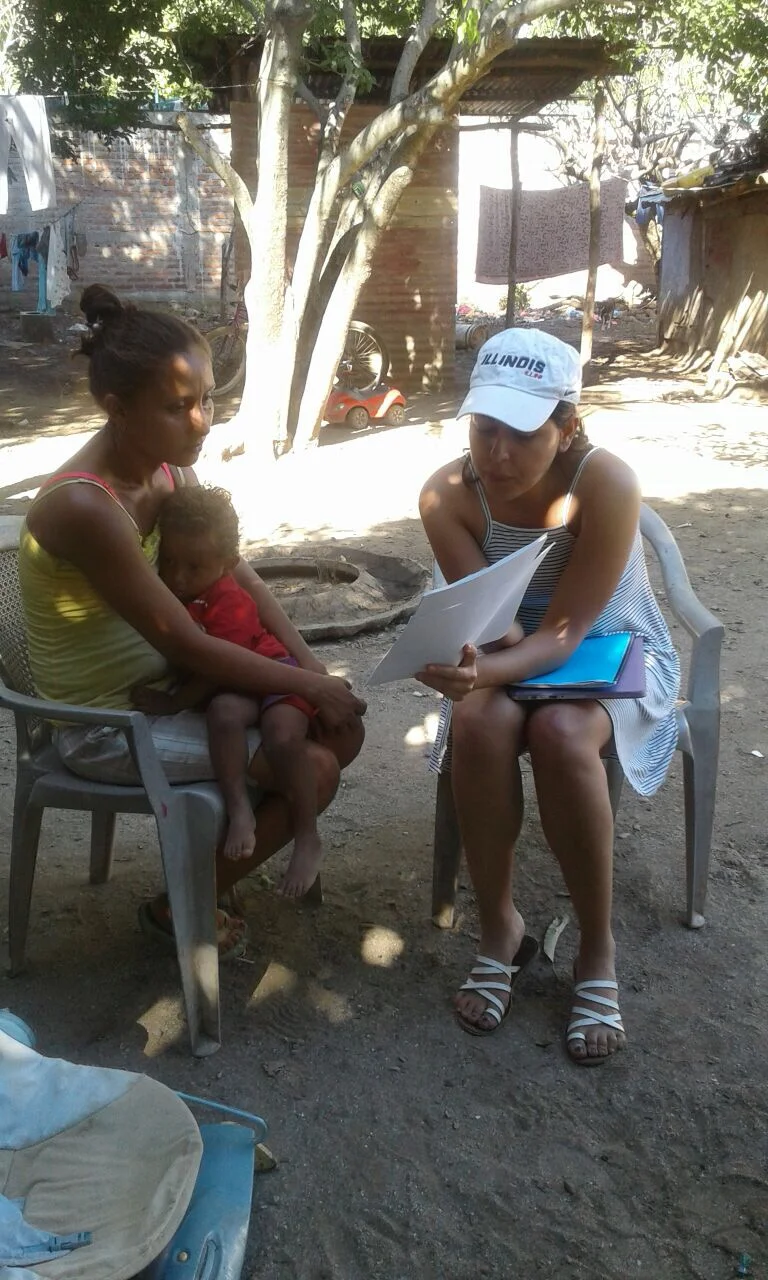
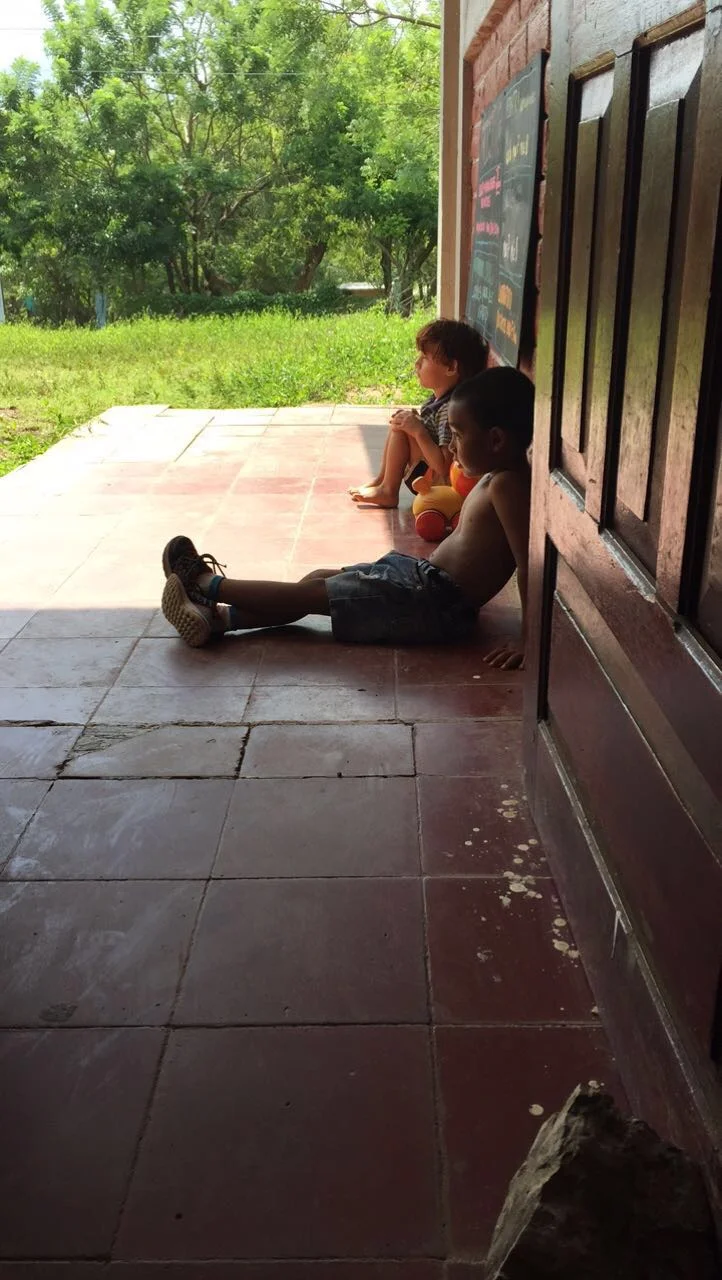
Interested in volunteering abroad or participating in our virtual programs? Check them out below!
Stay connected with news and updates!
Join our mailing list to receive the latest news and updates from our team.
Don't worry, your information will not be shared.
We hate SPAM. We will never sell your information, for any reason.

